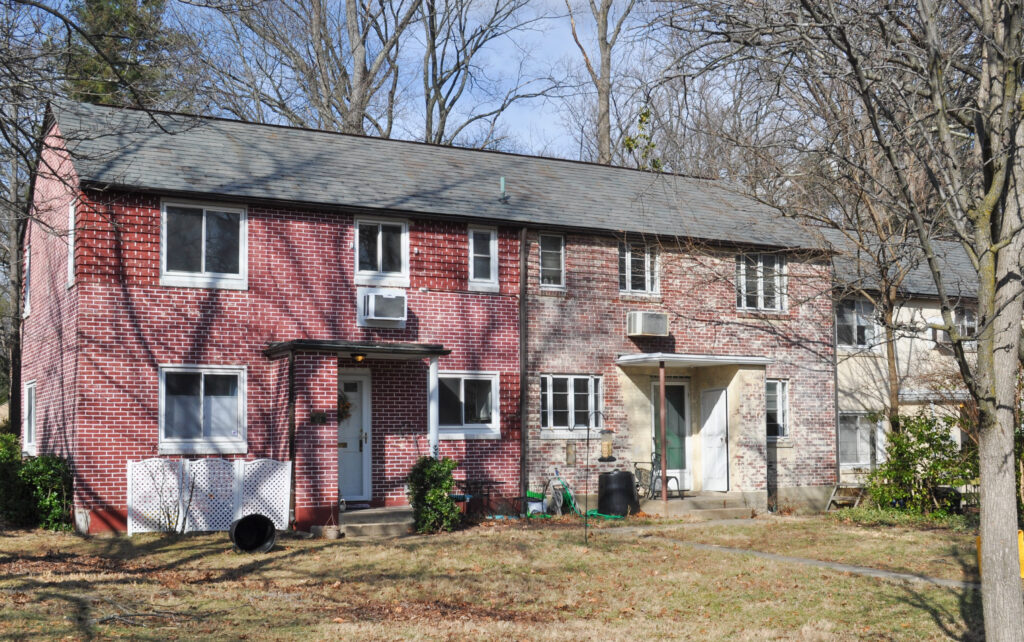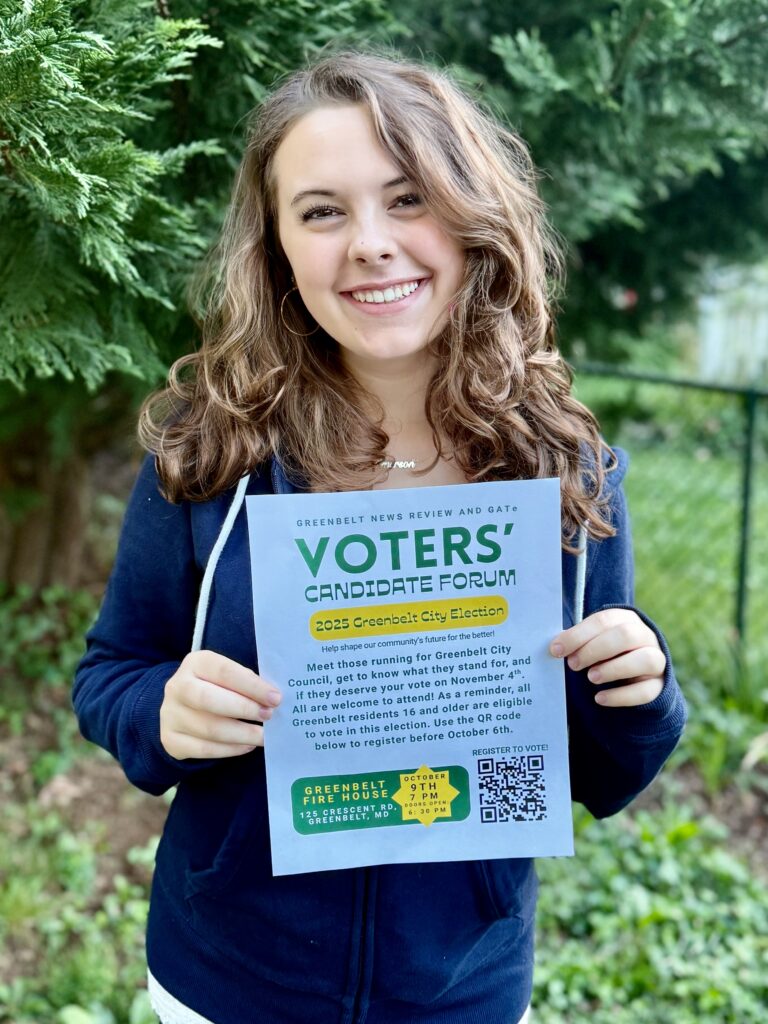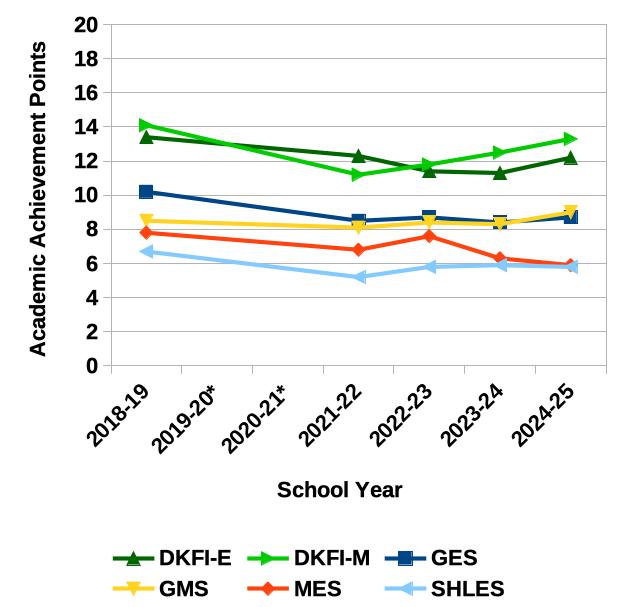Matthew Carroll, superintendent of Greenbelt Park, presented an update to the Greenbelt City Council on January 15 on what to expect when the park facilities reopen this year as well as what is occurring with the Baltimore-Washington Parkway. There also was a discussion on the ramifications and process of some of the major transportation projects being considered, including the maglev train, the hyperloop, and the widening of the Beltway.
For the park, Carroll and staff are committed to five priorities: improving visitor experience, instituting sound business practices, fostering a culture of safety in daily operations, ensuring good stewardship of park resources and facilities, and developing a professional workforce. Carroll noted that the vision, begun in 2015 and still in effect today, is focused on revitalizing the classic National Park Service (NPS) outdoor experience. Over the last two years, use of Greenbelt Park has increased which he attributed to a greater awareness of its campground, bolstered now by the ability to reserve campsites online.
The park closed last July to address infrastructure needs. This included repaving all roads, building a new bridge across Still Creek, improving comfort stations and upgrading campsites by adding grills and tables accessible to people with disabilities. Future upgrades will be done to the electrical structure and all information technology and internet services. Park trails have remained open during the various construction activities.
The park should fully reopen in late spring. Visitors will soon be able to participate in campfire programs and Park RX, which offers a doctor-prescribed outdoor therapy, among other programs.
Safety is being maintained through regular clearing of dead trees and vegetation to reduce the risk of fire and public exposure to ticks. Carroll assured council that the health of the park is good, with the major threat coming from deer that browse heavily on the native vegetation, one of the effects being the rise in invasive species, something that is being monitored closely.
Carroll asserted the continuing vision for the Parkway is to ensure an aesthetic throughway to the nation’s capital for visitors, commuters and employees. Striping and pothole repair is a priority along with pavement preservation affected by seasonal effects, with “the worst under control,” said Carroll.
The proposed maglev train, set to run between Baltimore and Washington, was a major point of discussion. The most recent alignment impinges more heavily on the Parkway. While much of the track would be below ground, this encroachment could seriously impact the environment and the condition of the roadway. NPS and other federal agencies that own or manage land along the maglev route (U.S. Department of Agriculture, National Aeronautics and Space Administration, U.S. Secret Service, U.S. Fish and Wildlife Service) are offering input in order to stave off any serious future repercussions in a process that continues to consternate and concern local communities. The project environmental impact study, expected to be released sometime this year, should address many of the questions being raised.
Mayor Colin Byrd stated strongly that the City of Greenbelt is opposed to the maglev, saying it would be bad for quality of life, federal taxpayers, federal agencies, the environment and public health. At a $15 billion cost, he said “this train is all pain and no gain for Greenbelt,” qualifying its boons as a “fairy tale.” The construction process alone would lead to significant transportation problems.
Council appreciated Carroll’s candor on this issue. NPS is in a consulting position only, trying to continue to raise questions in order to achieve the best result for all.
Carroll concluded his presentation by citing that Greenbelt Park is now eligible to be included in the National Register of Historic Places. He looks forward to coordinating with the city in order to make the park a desirable destination for the entire region.



